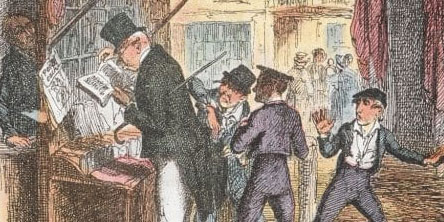
“Tax the rich” often merely means “tax the elderly.”
With inside-government special interests who profit from higher taxes engaging in expensive campaigns to (you guessed it) increase taxes, the Pioneer Institute in Massachusetts makes an important observation:
National data from the U.S. Treasury Department show that the majority of taxpayers earning more than $1 million in a year did so only once over a nine-year period. Data Pioneer Institute recently obtained from the Massachusetts Department of Revenue make it clear that this phenomenon hits close to home as well.
“A graduated income tax would be more of a raid on retirement nest eggs than a tax on super wealthy millionaires,” said Andrew Mikula, who co-authored the study with Greg Sullivan. “In Massachusetts, 46 percent of the people who would be affected by the tax — those who earned incomes over $1 million — did so only once in 10 years. Sixty percent did so only once or twice in the 10-year period that ended in 2017. These are likely people selling a business or a home.”
If the targets are people who regularly make large amounts of money under the assumption that they can afford to pay progressive taxes, then the policy ought to be more carefully tailored. A business owner who takes a modest salary most years but has a windfall one year, isn’t what most people think of as “the rich.” In other cases, a person’s line of work can be naturally erratic, such that a big hit once a decade has to cover lower income every other year.
At the very least, then, a tax policy sold as targeting “the rich” should explicitly exclude some forms of income (like the one-time sale of a house or business) and kick in only after several years in a row. This would still be bad policy, but it would be better and more-honest.
Featured image by George Cruikshank in 1911 edition of Oliver Twist.

